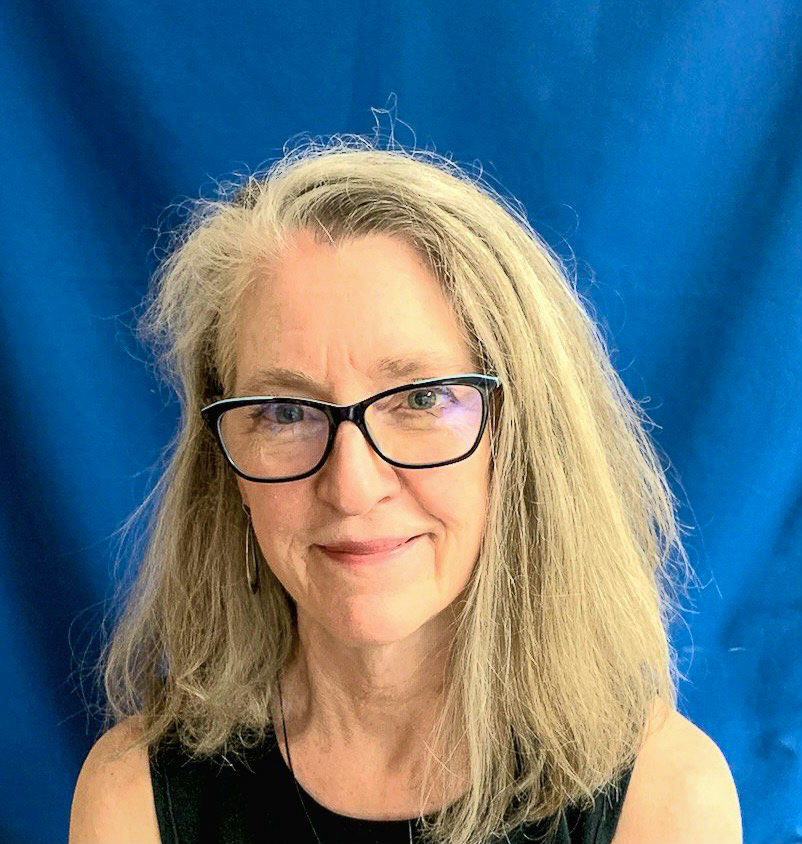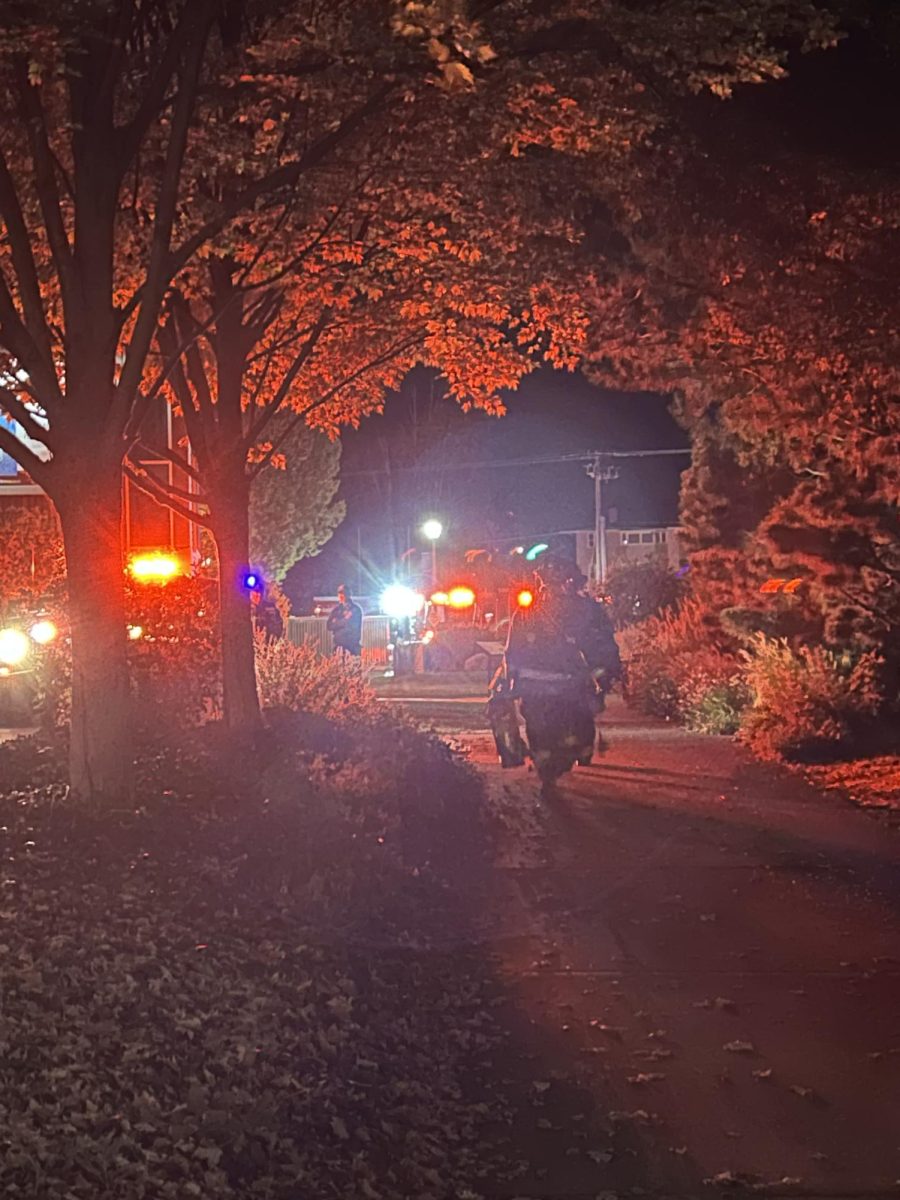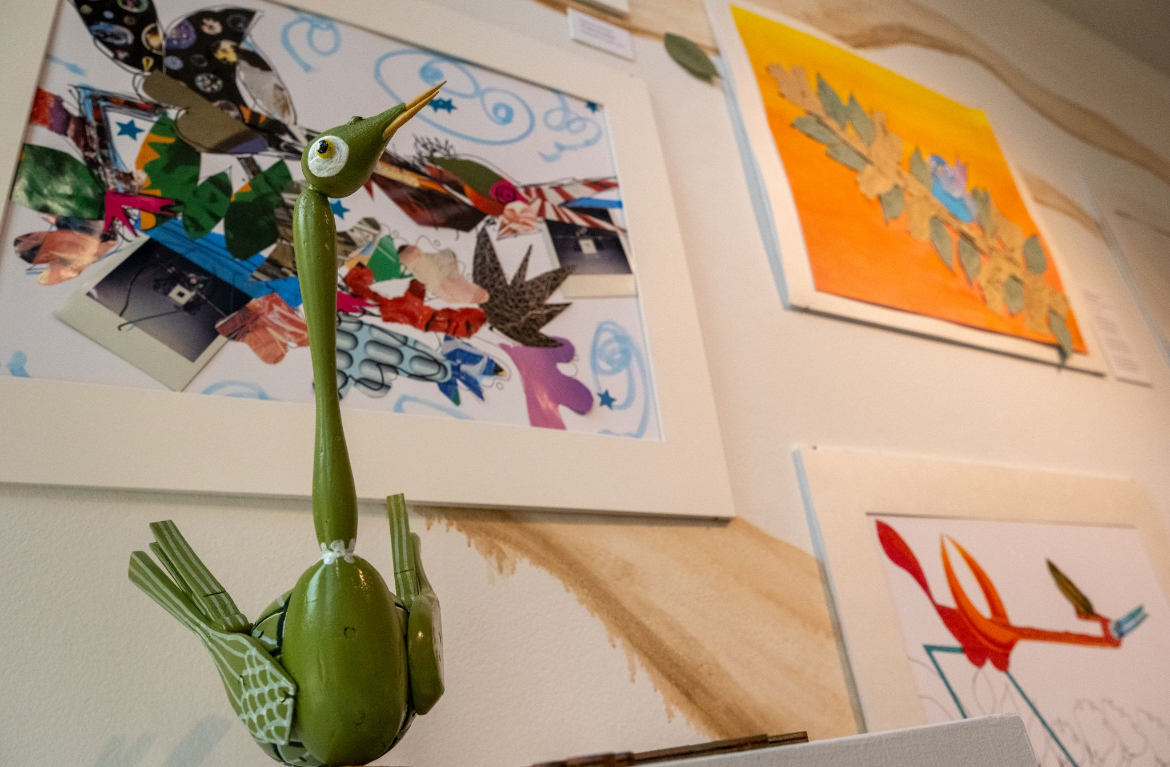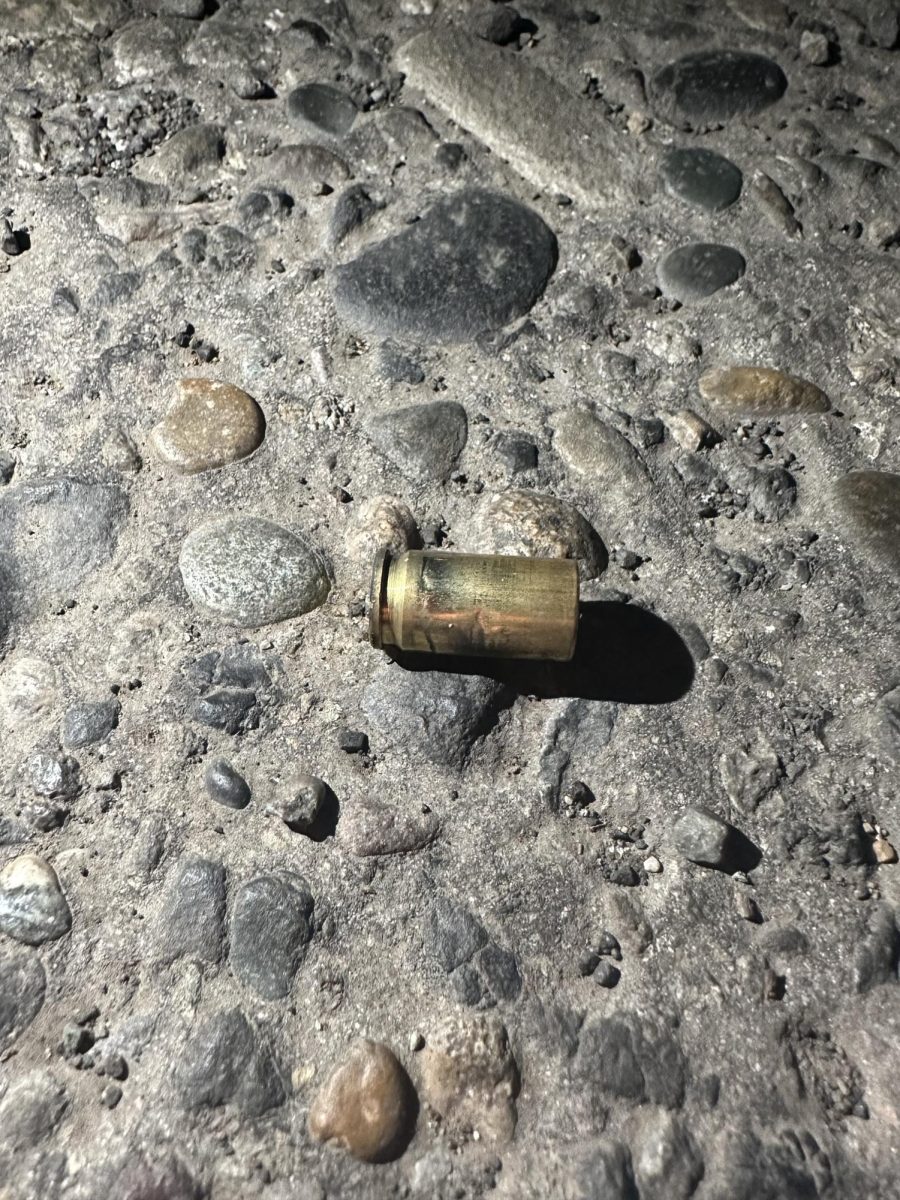This fall, Whitman welcomed Mary Eaves Mitchell to campus as the new Sexual Assault Victim Advocate (SAVA).
Eaves Mitchell, a seasoned professional with experience in social services case management, stepped into this position, sponsored by the Walla Walla Young Women’s Christian Association (YWCA), after Malia Lewis’ departure in November 2022. The Wire spoke to Eaves Mitchell to learn more about her role on campus.
The following conversation has been edited for clarity and brevity.
The Wire: What responsibilities and duties does your role as SAVA entail?
Mary Eaves Mitchell (MEM): I’m here as a confidant for people, an advocate for people. I assume that the thinking is that predominantly women feel like they have been assaulted sexually, but it’s not limited to them at all. And it’s not limited to any orientation.
I’m here to hear their story, and to resource them where I can, like if they need a change of where they live or if they need a change of their class schedule. I can help advocate for them by connecting them that way. I’m here to hear their story, to take it seriously and to see what kind of help we can give.
The Wire: How does that process work for a student who’s experienced sexual violence?
MEM: I don’t know that there’s any one pathway. Students who know about me may come to me first and say, this happened to me, and I just need to tell this story. I can ask them if they would like to report to the college. There are accommodations [through the college] that can be made. If they’re in a class with their perpetrator, they need to move. Or living near them, and they need to move. That’s something that they can do. And I’m going to take people’s stories very seriously. But some people just don’t want to go through that, or at least not initially.
I’m here so that they have someone to talk to. And maybe that’s enough. Maybe they want to come back and talk to me again. I can be there to help them to try to work on navigating things, and I can just hear them. And I’ll make some kind suggestions. But I have no power to impact their campus experience. I just know the people [who] can impact the campus. I can ask them if they would like that help, if they would like my help in making that connection.
The Wire: We have a Title IX coordinator as well. Do you work with them? What are some key differences between those roles?
MEM: Well, the main difference is that I’m completely confidential. A Title IX director or advocate must report at least something of their interactions with students. And there’s a new SVP [Sexual Violence Prevention] coordinator on campus too. I [believe] she is subject to the same kind of mandates. It’s not private information. But they can source … a lot of support for people.
I can [work] with people, hear their stories and try to connect them with other resources outside of the school. [So] they can benefit from the Title IX process if they want to go through that process.
The Wire: What steps are you taking to ensure that the SAVA position remains sustainable and effective in the long term, given the turnover in recent years?
MEM: That’s a very good question, and I’m not sure I know that.
But I do know that the YWCA is very invested in having this position, you know, resourcing this position, having this position and sustaining it. I did a lot of training for the summer. So they’ve already made a big investment in me to be here.
[I hope people] communicate with me, and let me know what hours work best because I have some flexibility. I’m not running off to another job. [I] don’t have kids at home. I feel like roaming the campus is probably a good thing [and doing] whatever makes people comfortable. Sometimes they want privacy and sometimes they just want it to be normal. People are meeting with a 60-ish [year old] woman who is white. I want to do whatever makes people comfortable.













